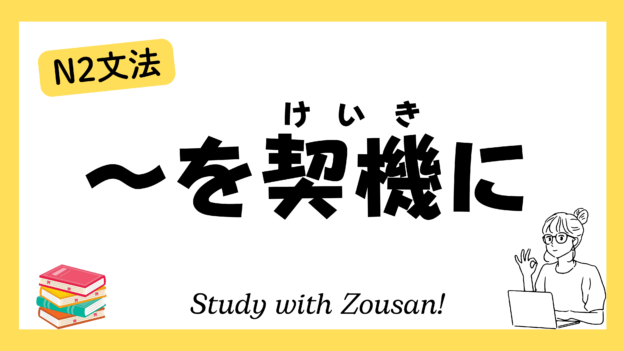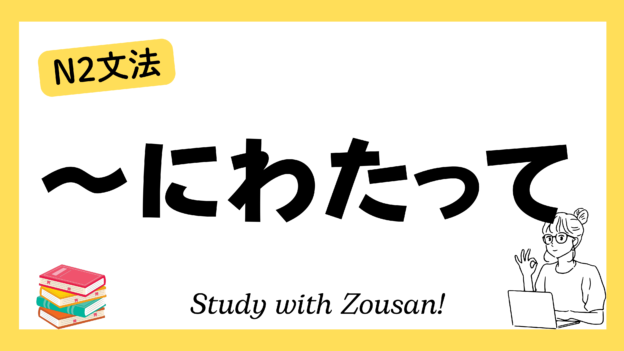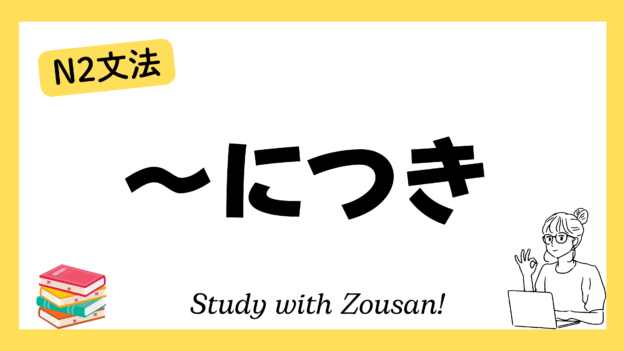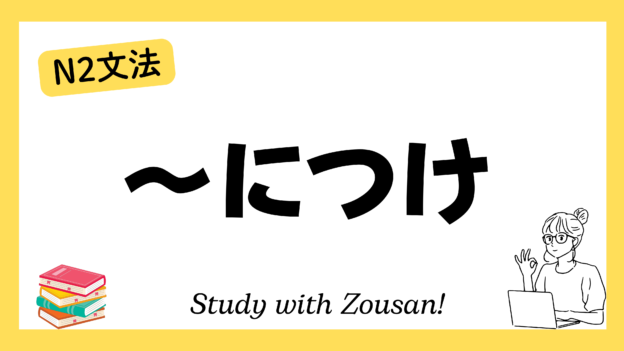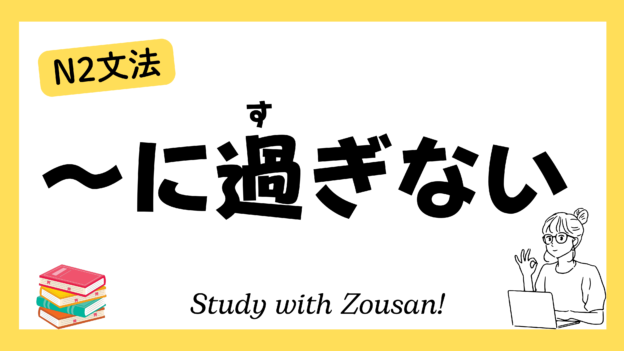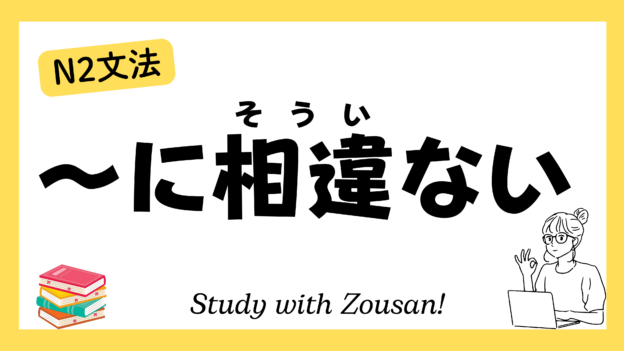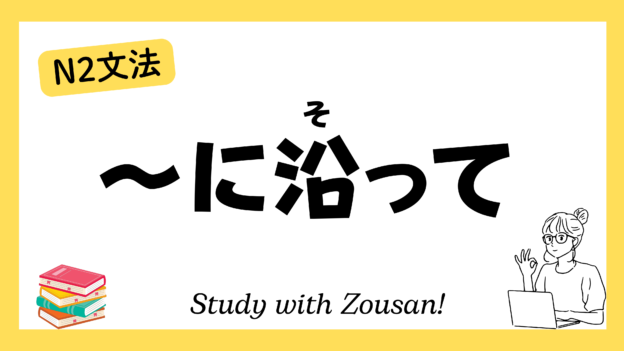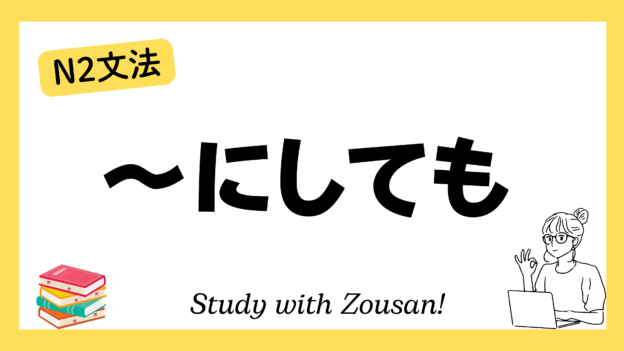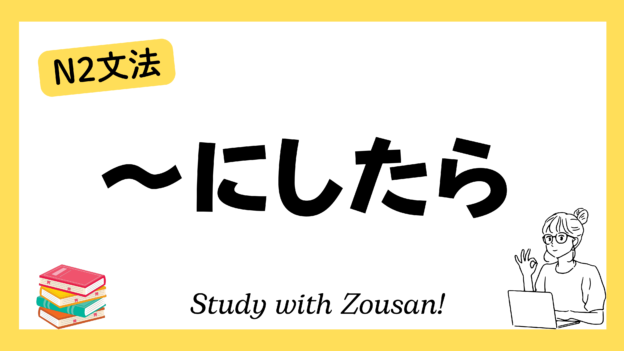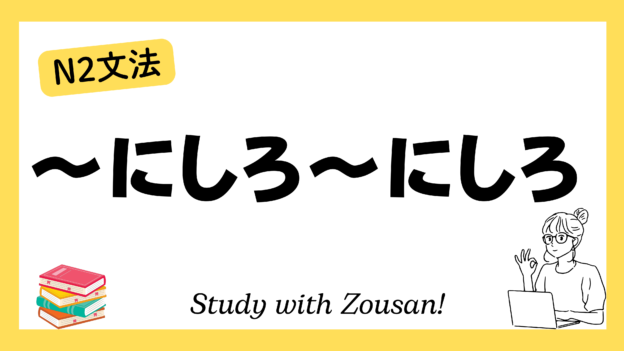Meaning: ”Taking the opportunity of…” / “Triggered by…” / “Using… as an opportunity” / “Since…”
The structure ~を契機に is used to describe that an event or situation serves as an opportunity or turning point for another event to occur or change. It emphasizes the role of a specific event as the starting point or catalyst for subsequent change or development.
※Note:
・~を契機に is often used in formal contexts or in written language to describe significant changes or the start of a process.
・This structure emphasizes the impact or significance of the initiating event, often related to major events or important turning points.
Structure:
| Noun + を契機に/を契機として |
Example:
-
-
-
🌟 事故を契機に、安全対策が強化された。
(じこ を けいき に、あんぜん たいさく が きょうか された)
Triggered by the accident, safety measures were strengthened. -
🌟 留学を契機に、彼は英語の勉強に力を入れるようになった。
(りゅうがく を けいき に、かれ は えいご の べんきょう に ちから を いれる よう に なった)
Taking the opportunity of studying abroad, he started focusing on English studies. -
🌟 結婚を契機に、彼は新しい人生を始めた。
(けっこん を けいき に、かれ は あたらしい じんせい を はじめた)
Using marriage as an opportunity, he started a new life. -
🌟 大学卒業を契機に、彼女は起業を決意した。
(だいがく そつぎょう を けいき に、かのじょ は きぎょう を けつい した)
Triggered by her graduation, she decided to start a business. -
🌟 地震を契機に、防災意識が高まった。
(じしん を けいき に、ぼうさい いしき が たかまった)
Due to the earthquake, disaster awareness increased. -
🌟 新しいプロジェクトを契機に、会社は組織改革を進めた。
(あたらしい プロジェクト を けいき に、かいしゃ は そしき かいかく を すすめた)
Using the new project as an opportunity, the company advanced organizational reforms. -
🌟 出産を契機に、彼女は仕事を辞めた。
(しゅっさん を けいき に、かのじょ は しごと を やめた)
Taking childbirth as an opportunity, she quit her job. -
🌟 退職を契機に、彼は田舎に引っ越した。
(たいしょく を けいき に、かれ は いなか に ひっこした)
Triggered by his retirement, he moved to the countryside. -
🌟 病気を契機に、健康に気をつけるようになった。
(びょうき を けいき に、けんこう に き を つける よう に なった)
Taking illness as a turning point, he started taking care of his health. -
🌟 交通事故を契機に、運転を慎重にするようになった。
(こうつう じこ を けいき に、うんてん を しんちょう に する よう に なった)
After the traffic accident, he started driving more carefully.
-
-


